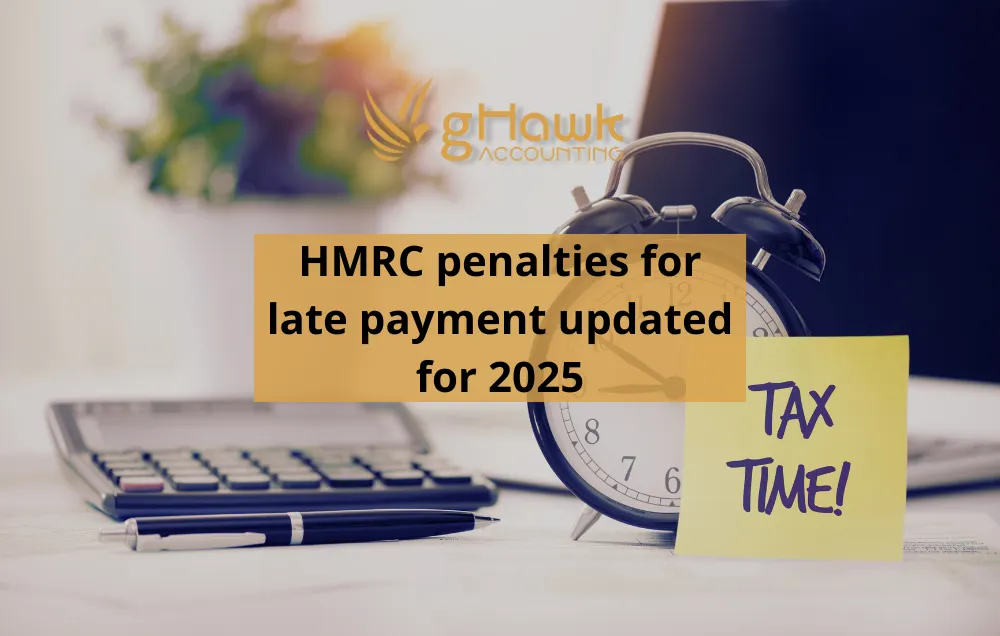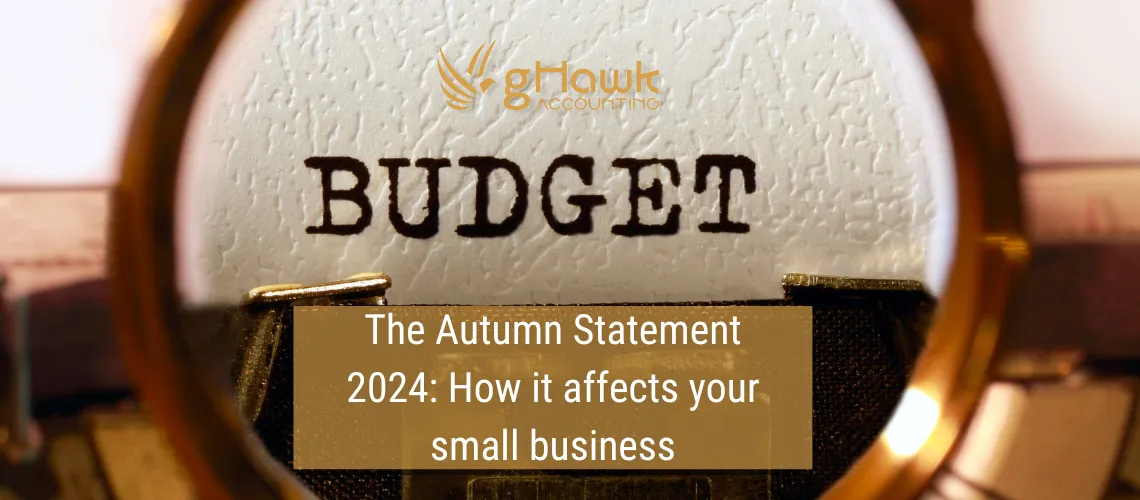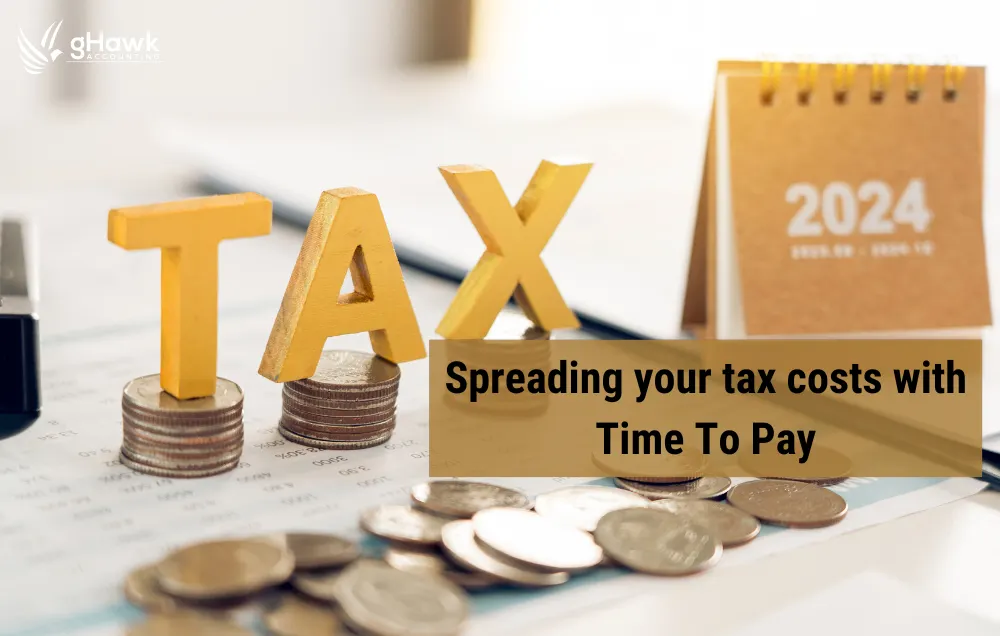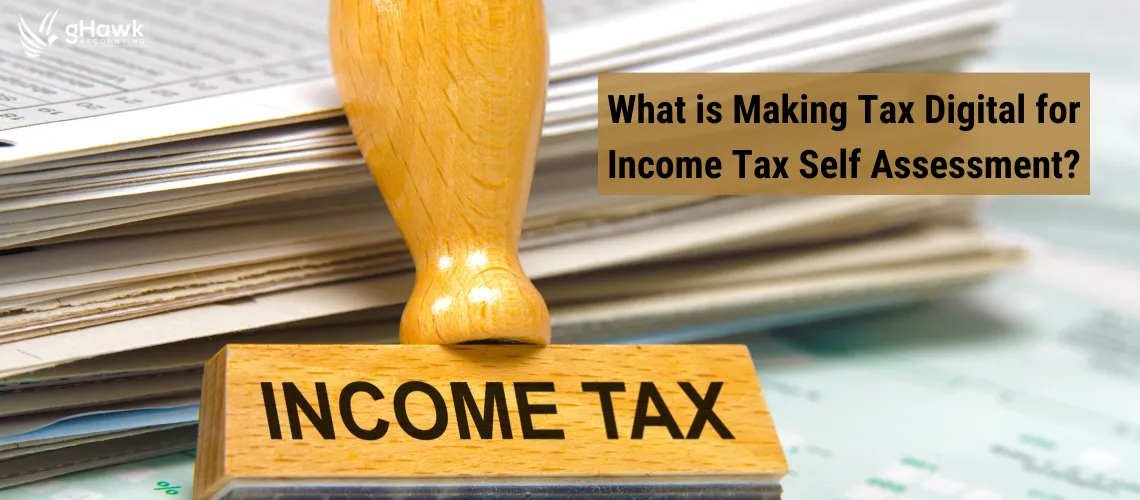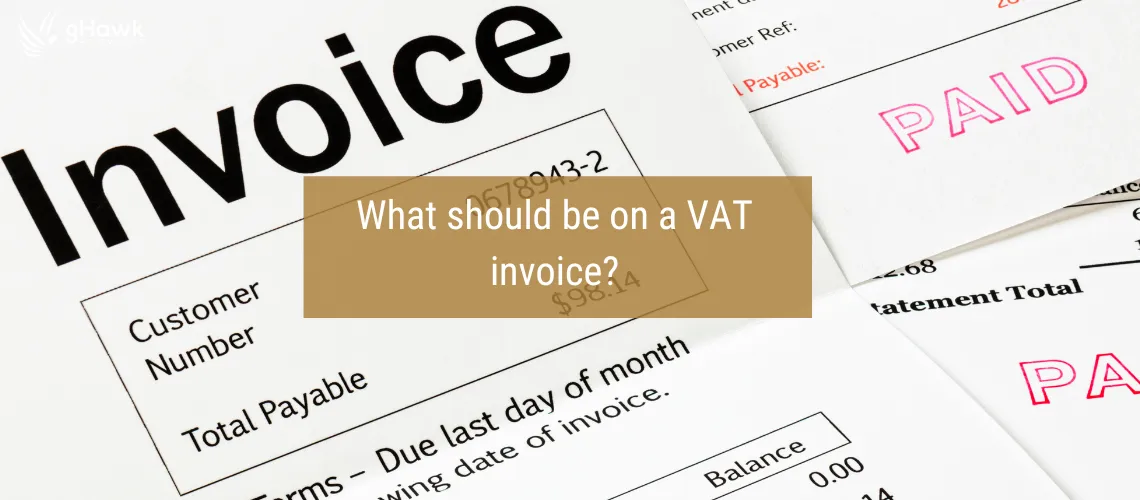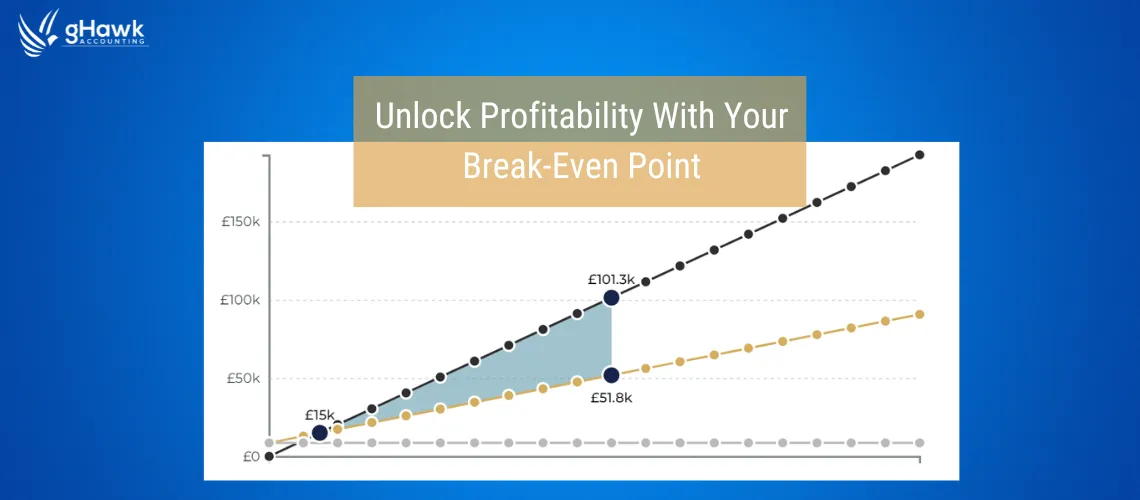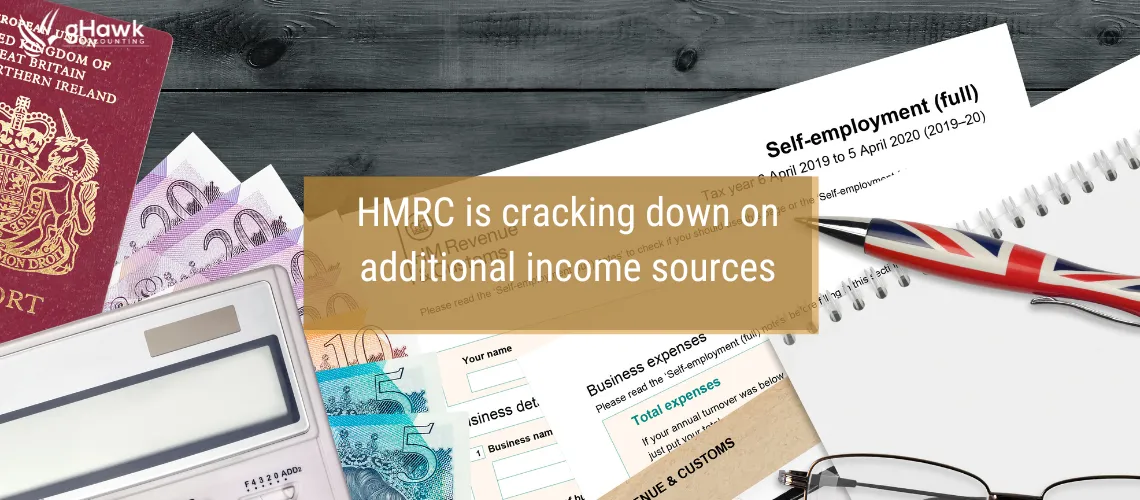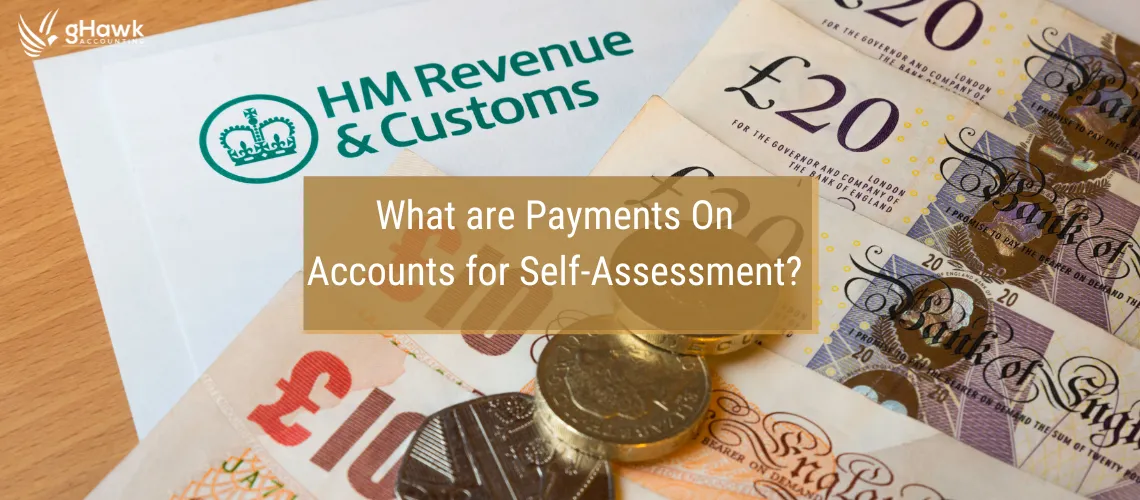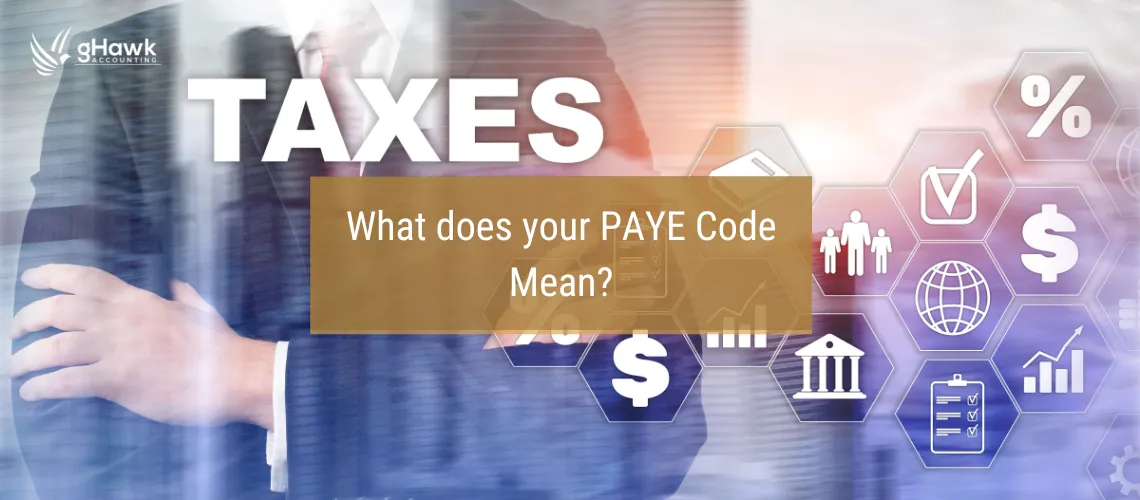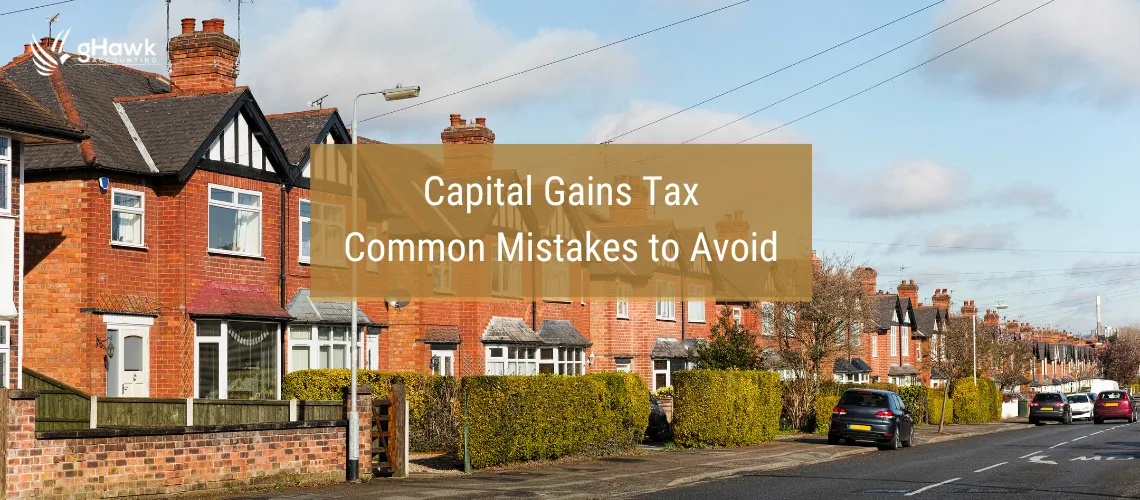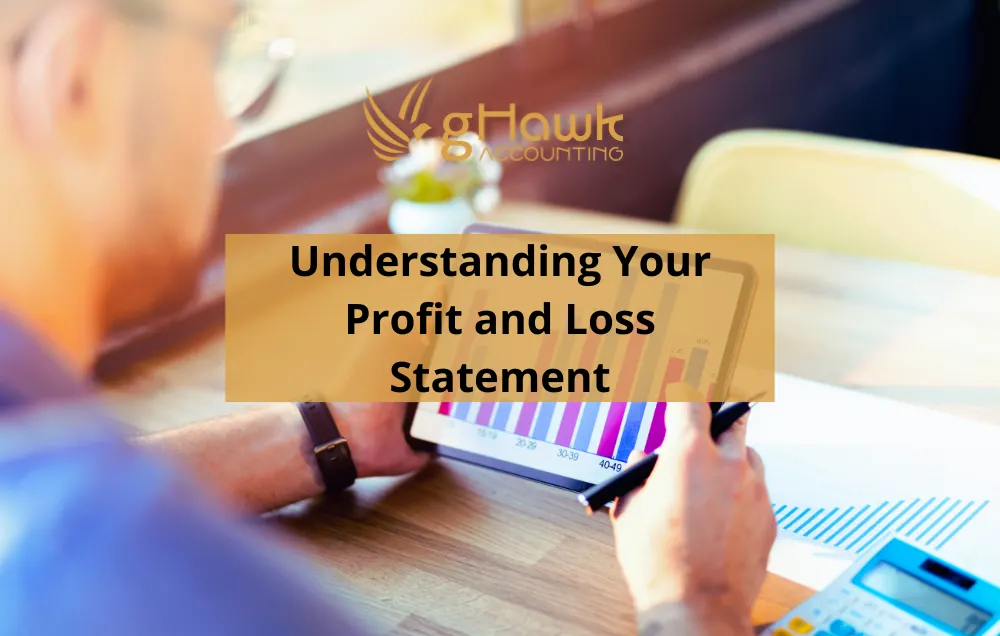The benefits of splitting your property income
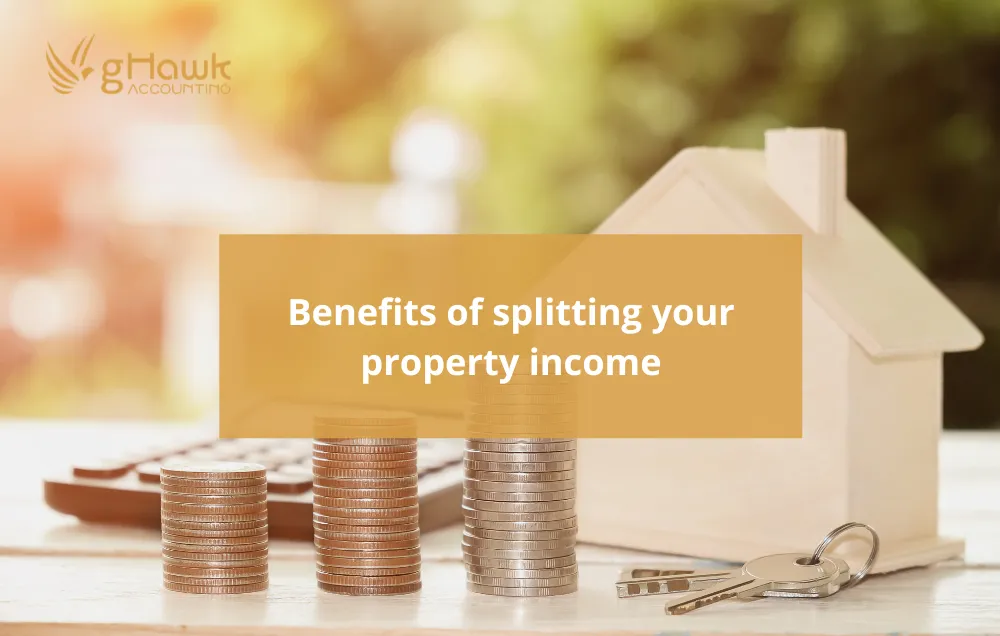
If your property is jointly owned by two or more people, there can be tax advantages in splitting any profits you make between you and your co-owner/s.
Splitting the profits helps you distribute the profits in a way that favours any co-owners with a lower marginal tax rate – whether that be your wife, husband, civil partner or business partner.
The rules around splitting your property profits
One of the most common forms of co-ownership is between married couples or people in a civil partnership, where you and your partner have jointly bought the property.
For a married couple or a couple in a civil partnership, it’s initially presumed that the profit from your jointly-owned property will be split equally. But this 50/50 split may not always be ideal, particularly where one person has a lower tax rate than the other.
So, what happens if a 50/50 split isn’t right for your situation?
- If the legal ownership is different, you can make an application to HM Revenue & Customs (HMRC) using ‘Form 17’. This form is used to request that any profits be taxed in the same proportion as property ownership.
- Although there are other considerations besides tax, ownership of the property can be varied by one party transferring a share of ownership to the other without any capital gains considerations.
- The 50/50 split does not apply where the couple are operating a UK property business which consists of the commercial letting of furnished holiday accommodation. Here the profit can be split as agreed by the parties.
- If the property is jointly owned by people who aren't married or in a civil partnership (siblings or friends, for example), the default is to split the income for tax purposes in the same proportion as ownership of the property.
- If you want to split the profits in any other way, you’re free to do so – there are no restrictions to stop this. But, if you do, it would be wise to have a written contract or agreement recording the desired split. Make sure to also split the profits in the same proportion that you declare to HMRC.
- Another way to vary any profit split is to operate through a partnership. The partnership profit can be split in any proportion that the partners agree and does not have to be related to capital contributions or anything else.
- However, for this approach to work, there must be a genuine business being carried on. Just owning a property and receiving rental income wouldn't be enough – there have to be significant additional services being provided for payment.
What if I have a Deed of Trust or a Deed of Assignment?
A Deed of Trust or a Deed of Assignment are a type of legal document that can be used by property owners to assign their beneficial interest to another party; either a legal owner or a non-legal owner. Most commonly the transfer is between husband and wife for tax purposes on a buy-to-let.
If using either a deed of trust or a deed of assignment to transfer the right to income, you must make sure you have transferred the right to ownership (the capital) in the same proportion.
For tax purposes, if there has not been a transfer of capital, then HMRC will still tax the income on the original owner of the property.
Talk to us about how to split your profits
As with any business profits, there can be an overall tax saving from arranging for profits to be allocated in a beneficial way. But there are restrictions in the way that the income is split.
We’ll be able to guide you through the various options available to you when splitting profits from any property rentals. We’ll also advise you on any capital gains issues that could arise that need to be thought through and planned for.

